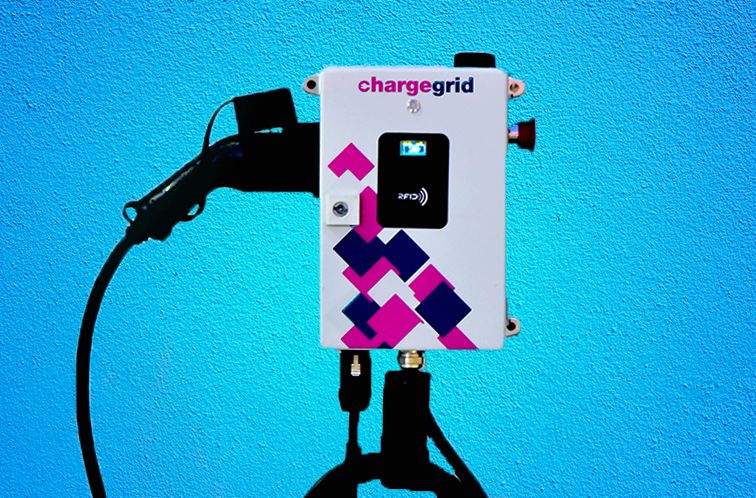Electric Vehicle Charging Stations
Features (EV charging stations)

Smart
Charging
Fault Current, Leakage Current Protection
Built in LED Charging Status Indicator
Smart
TFT Display
Fast
Charging
Surge Protection, Over Temperature Protection
Built in GPRS communication antenna
IP 54 and IP 65 rated for Water Protection
Supplied with Over and Under Voltage Protection
Build in DC Sensitive Protection Device
Corrosion and Impact Resistance Design
CMS-OCPP 1.6 upgradable to OCPP 2.0
Transport is a fundamental requirement of modern life, but the traditional combustion engine is quickly becoming outdated.
Petrol or diesel vehicles are highly polluting and are being quickly replaced by fully electric vehicles. Fully electric vehicles (EV) have zero tailpipe emissions and are much better for the environment. The electric vehicle revolution is here, and you can be part of it.
Will your next vehicle be an electric one?
Installing electric vehicle (EV) charging stations can offer several benefits, both for businesses and consumers, while also being cost-effective in the long run. Here are some key points to consider:
Benefits for Businesses:
- Attracting Customers: Offering EV charging stations can attract more customers to businesses such as retail stores, restaurants, hotels, and shopping centers. EV drivers are more likely to visit establishments that provide convenient charging facilities.
- Increasing Dwell Time: While their vehicles charge, EV drivers may spend time shopping, dining, or engaging in other activities at businesses with charging stations. This can increase customer engagement and revenue opportunities.
- Enhancing Brand Image: Demonstrating a commitment to sustainability and environmental stewardship by installing EV charging stations can enhance a business’s brand image and attract environmentally conscious consumers.
- Meeting Regulatory Requirements: In some regions, there are mandates or incentives for businesses to install EV charging infrastructure as part of efforts to promote clean transportation. Installing charging stations can help businesses comply with these regulations and access incentives.
- Monetization Opportunities: Depending on the business model, businesses may have opportunities to monetize EV charging services by charging fees for electricity usage or offering subscription-based charging plans.
Benefits for Consumers:
- Convenience: Access to EV charging stations at businesses, workplaces, and public locations increases convenience for EV owners, enabling them to charge their vehicles while going about their daily activities.
- Range Confidence: Knowing that charging infrastructure is readily available at various locations can alleviate range anxiety and encourage more consumers to adopt electric vehicles.
- Cost Savings: Public charging stations at businesses may offer lower electricity rates compared to residential charging, especially if businesses negotiate bulk electricity rates or offer charging as a complimentary service to customers.
- Accessibility: Installing EV charging stations at businesses improves access to charging infrastructure for consumers who may not have the option to install chargers at home, such as apartment dwellers or renters.
Cost Effectiveness:
- Return on Investment (ROI): While the initial investment in EV charging infrastructure can be significant, businesses can recoup costs over time through increased customer traffic, revenue generation, and potential monetization of charging services.
- Tax Incentives and Grants: Depending on the location, businesses may be eligible for tax credits, grants, or other financial incentives to offset the cost of installing EV charging stations, making the investment more financially attractive.
- Shared Infrastructure: Businesses can explore partnerships or joint ventures with other organizations to share the cost and maintenance of EV charging infrastructure, reducing individual financial burdens.
- Future-Proofing: Investing in EV charging infrastructure positions businesses to capitalize on the growing electric vehicle market and changing consumer preferences, ensuring long-term competitiveness and relevance in the evolving transportation landscape.
By considering these benefits and cost-effective strategies, businesses can make informed decisions about installing EV charging stations, contributing to the widespread adoption of electric vehicles and sustainable transportation solutions.
Variate Solar will help you install a cost-effective and reliable EV charging station at your location.
